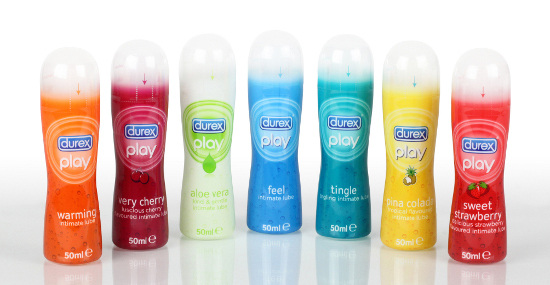Using Lube During Sex Might be Ruining Your Chances of Getting Pregnant
Feb 12, 2014 00:29

Uh-oh. It seems that most lubricants make contraception more difficult for couples, at least according to a study published in the journal Fertility and Sterility.
Researchers tested the effect of nine lubricants on semen samples to see how they affected sperm movement (faster sperm can increase the likelihood of egg fertilization). Shockingly, many of the brand-name products—like Astroglide and KY Warming—reduced sperm mobility. KY Tingling actually cut sperm speed by more than half (but luckily it’s no longer on the market). Oils, however—like canola and baby oil—had much less of an effect on sperm.
So what's the difference? Many popular brands of lube are created for the main purpose of aiding in pleasure, and may contain spermicidal ingredients, says lead study author Kazim Chohan, Ph.D., professor of pathology and OB/GYN at SUNY Upstate Medical University.
Oils don't have these sperm-killing components, so while using oil as lube may drown out some weak sperm, the stronger ones appeared to be able to adjust to the oil and continue moving.
Interestingly, mustard oil made the sperm more active. However, further research is needed to know if it can actually boost conception rates.
But do people really use cooking oil as lube? Chohan says that people use it to avoid vaginal dryness. But the thing is that oil based lubricants can change the pH balance in the vagina and increase your risk of infection, says Ava Cadell, Ph.D., author of the upcoming book NeuroLoveology. Also, previous research has found that mineral oils can reduce a latex condom’s strength by approximately 90 percent.
So if you still want to use lube for some mind-blowing playtime, feel free to experiment with off-the-shelf products. But if you're trying to get pregnant, it's probably best you do without the lube as much as you can.

































































